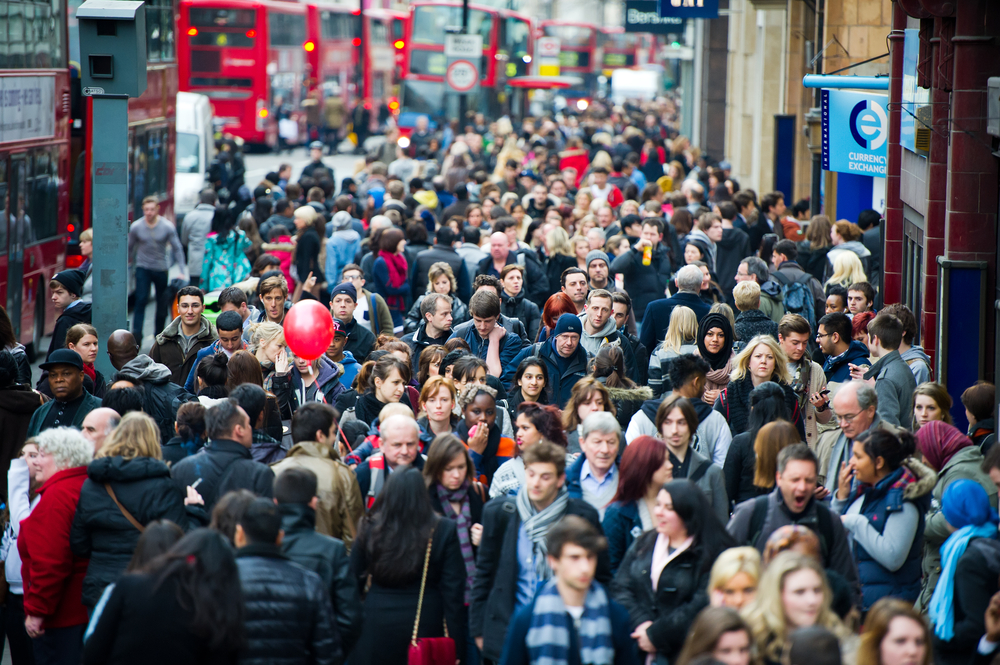Six out of ten people in Britain today consider themselves working class because they believe their family background determines class rather than occupation or whether they went to university. Just under half (47%) of those in ‘middle class’ jobs (classified as managerial or professional) said they were working class, according to University of Oxford researchers for the latest survey of British social attitudes.
Despite a long-term decline in the size of the working class to just 25%, the proportion of the public who identify themselves as working class has remained stable over time, says the survey. Significantly, it finds that people with middle class occupations who still regard themselves as working class are more likely to be socially conservative on issues such as immigration.
 Infographic
InfographicStudy lead author Professor Geoffrey Evans, from the Department of Sociology, explains: 'Those with a sense of working class identity are apparently less libertarian and less pro-immigrant, but not necessarily more left-wing – even though those with a working class identity are particularly likely to think that class differences and barriers remain important.'
The 2015 British Social Attitudes survey questioned a representative sample of over 1,000 men and women across Britain between July and August 2015, with the results compared with previous surveys carried out back to 2002. The researchers used three occupational classes using the established (NS-SEC) class scheme of the Office of National Statistics. These are managerial and professional (regarded as the middle class); intermediate, self-employed and lower supervisory (intermediate class); and routine and semi-routine workers (working class).
If there was a closer match between class identity and objective class, people in middle class jobs would likely have much more positive feelings towards immigration than they do now. This is clearly very relevant to recent politics in the UK, given how important immigration was in the EU referendum campaign
Dr Jonathan Mellon, Research Fellow in Sociology
Four out of ten of those surveyed said they are middle class. Although the proportion now doing working class jobs has fallen, the percentage considering themselves working class has not changed since 1983, says the research. It suggests that someone who is in a middle class occupation but whose parents were in working class jobs may still feel more connection to their working class origins than their current middle class job.
It also argues that British people believe that the ‘golden age’ of upward social mobility is slowing or stalling. This belief is especially strong among the working class. Those who identify as working class are more likely than those who identify as middle class to say there is a wide divide between social classes (82% compared with 70%). Overall, nearly three-quarters (73%) of those surveyed said it was fairly or very difficult to move between classes, compared with 65% who held this view in 2005.
Co-author of the latest British Social Attitudes survey, Dr Jonathan Mellon, also from Oxford University, concludes: 'If there was a closer match between class identity and objective class, people in middle class jobs would likely have much more positive feelings towards immigration than they do now. This is clearly very relevant to recent politics in the UK, given how important immigration was in the EU referendum campaign.'
The chapter, Identity, awareness and political attitudes: why are we still working class?, is published by NatCen Social Research
